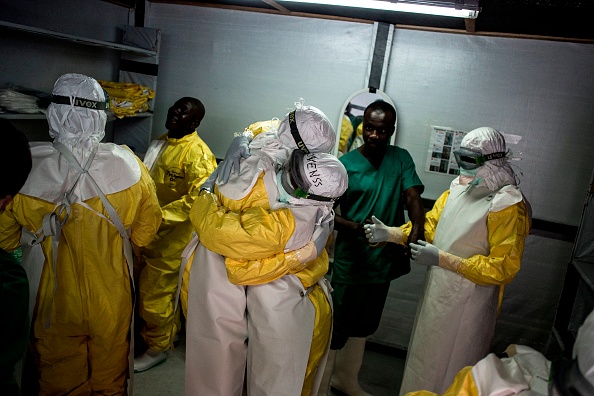
WHO warns Ebola outbreak could spread if attacks don’t stop
The World Health Organization says containing Ebola to two affected provinces in eastern Congo might be impossible if violent attacks on health teams continue.

“The ongoing violent attacks sow fear, perpetuate mistrust, and further compound the multitude of challenges already faced by frontline health care workers,” the WHO said. “Without a commitment from all groups to cease these attacks, it is unlikely that this (Ebola) outbreak can remain successfully contained in North Kivu and Ituri provinces.”
This most recent Ebola outbreak started nine months ago. In that time, violence in the region has increased, placing organizations who are trying to identify and treat Ebola victims at great risk. Earlier this week, Mai-Mai militia fighters attacked the town of Butembo and the WHO says Ebola response activities have been halted periodically throughout 2019 by fighting in Butembo and surrounding areas.
In addition to the risks posed by militias, widespread community mistrust in eastern Congo also hamper WHO efforts to treat Ebola victims. The WHO is trying to reduce the level of mistrust by having the majority of vaccine teams comprised of local health workers. The WHO hopes to accomplish that by the end of May.
The outbreak, which has killed 1,069 people, marks the first time that Ebola has struck inside a conflict zone. The affected area is also close to Congo’s borders with Uganda and Rwanda, and health officials in both countries have been preparing in case someone sick with Ebola should bring the disease across international borders.
WHO and others have previously said that the risk of that happening was low. The difficulties in accessing some of the hardest hit areas in Congo, though, means that health workers are struggling to isolate the sick, and track down and isolate their caregivers and family members.
About half of those dying remained in their homes instead of seeking treatment at Ebola health centers, giving the virus an opportunity to spread to those in physical contact with victims.






